Optimal Seasons for Foundation Repairs
Foundation repairs are most effective when performed during specific times of the year, depending on weather conditions and soil stability. Proper timing can help ensure the longevity of repairs and minimize potential complications. Understanding seasonal factors is essential for scheduling repairs effectively.
Spring offers moderate temperatures and soil moisture levels, making it a suitable time for foundation repairs. The soil is often more pliable, allowing for easier adjustments.
Summer repairs are possible but can be challenging due to higher temperatures and dry soil conditions. Adequate watering may be necessary to maintain soil consistency.
Fall provides cooler weather and increased soil moisture, which can facilitate effective repairs before winter.
Winter is generally less ideal due to freezing temperatures and frozen ground, which can hinder repair work and affect soil movement.
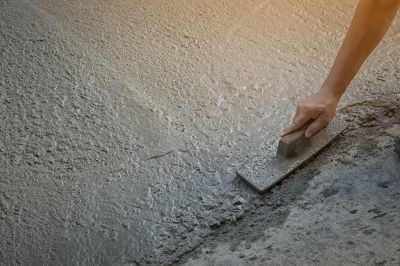
Soil is moist and more pliable, ideal for foundation work.
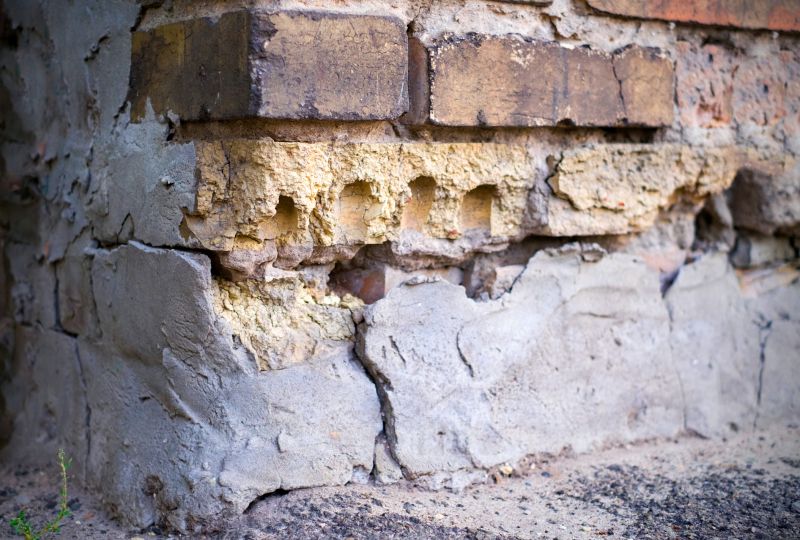
High temperatures can cause soil to dry out and shift.
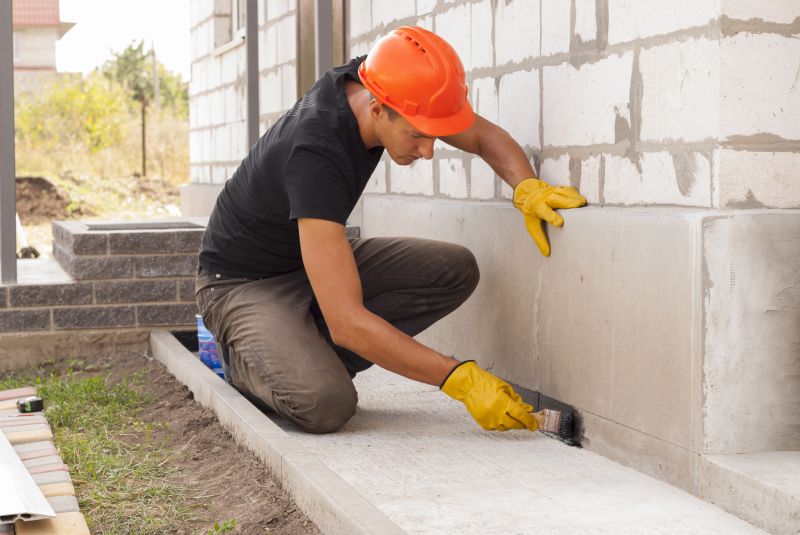
Cooler weather helps stabilize soil for repairs.
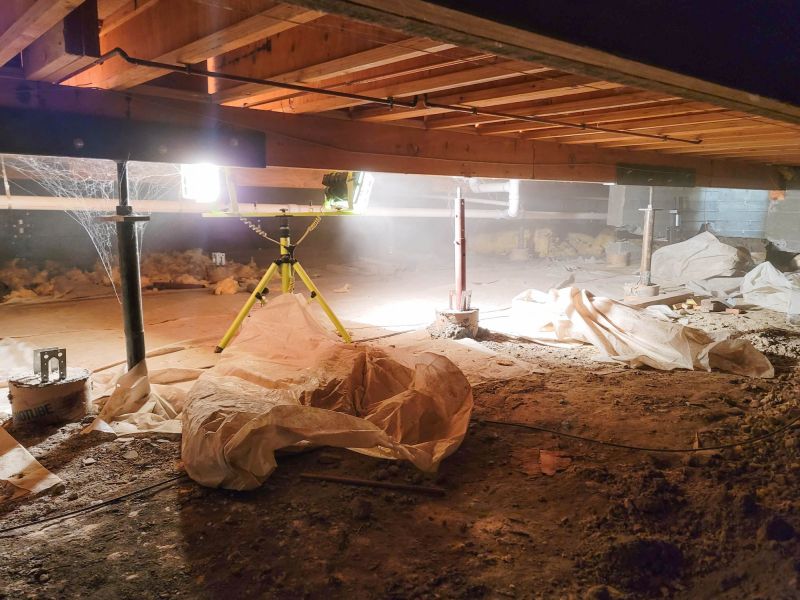
Ways to make Foundation Repairs work in tight or awkward layouts.
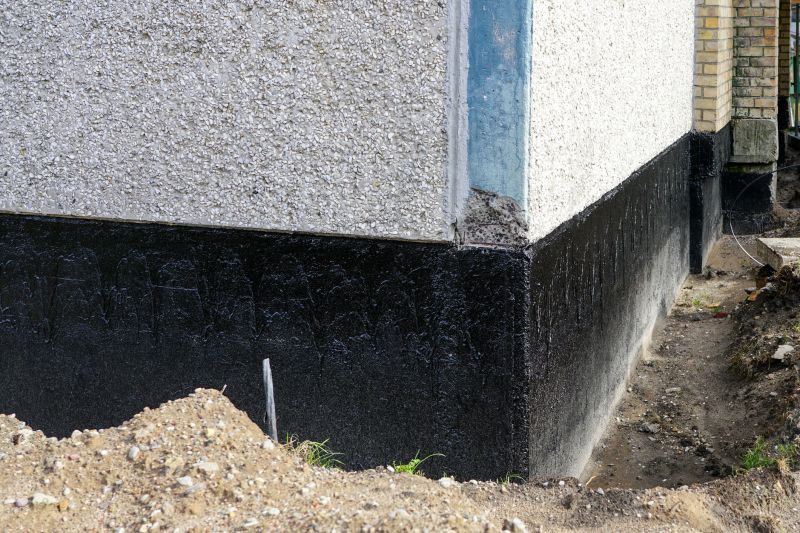
Popular materials for Foundation Repairs and why they hold up over time.
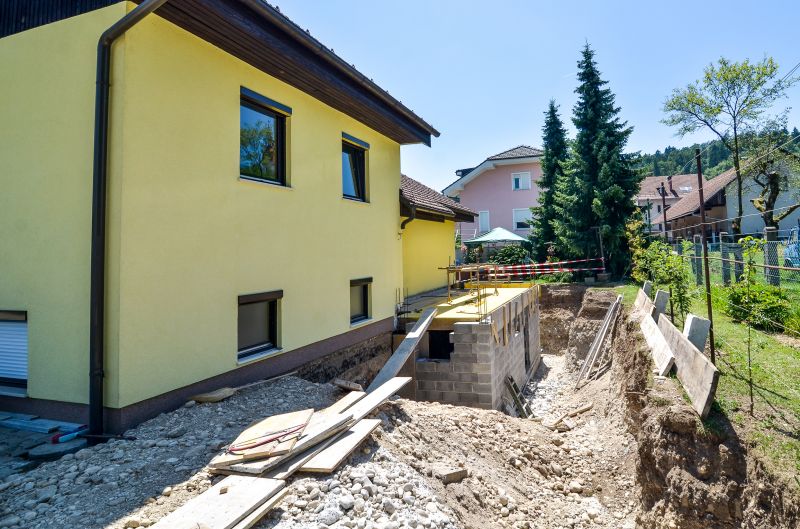
Simple add-ons that improve Foundation Repairs without blowing the budget.
| Season | Optimal Conditions |
|---|---|
| Spring | Moderate temperatures, moist soil, ideal for repairs |
| Summer | Hot temperatures, dry soil, requires watering |
| Fall | Cooler weather, increased soil moisture |
| Winter | Freezing temperatures, frozen ground, not recommended |
Foundation repairs address issues such as settling, cracking, and shifting that can compromise the stability of a structure. These repairs often involve underpinning, piering, or stabilization techniques. Proper timing ensures that repairs are effective and durable, helping to prevent further damage and costly future repairs. Soil conditions, weather patterns, and the type of foundation all influence the best time for repairs, making seasonal planning essential.
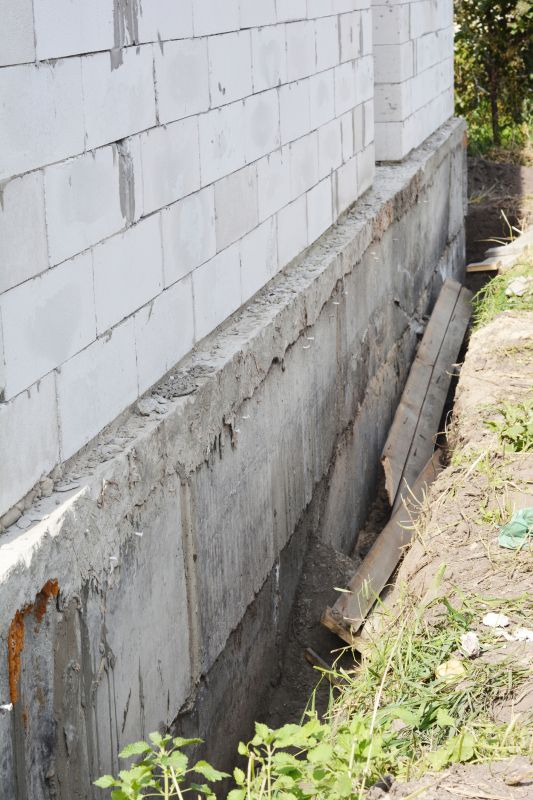
Visual of underpinning and stabilization techniques.
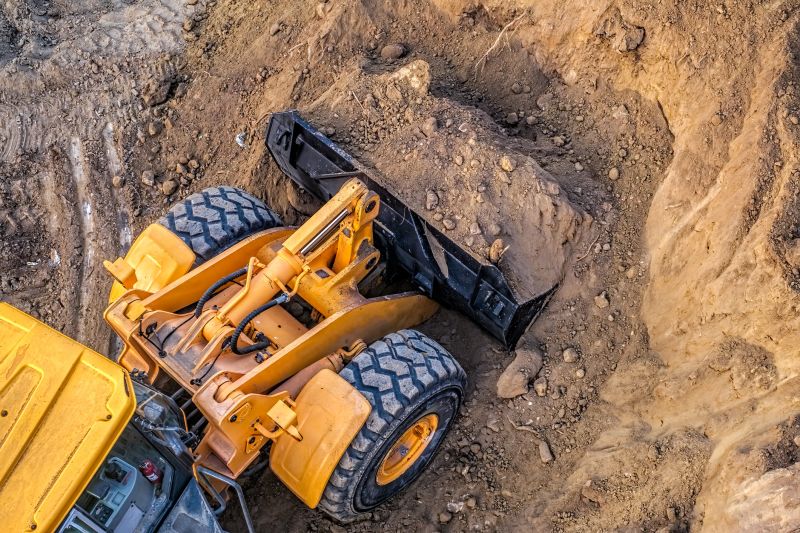
Equipment used for soil and foundation stabilization.
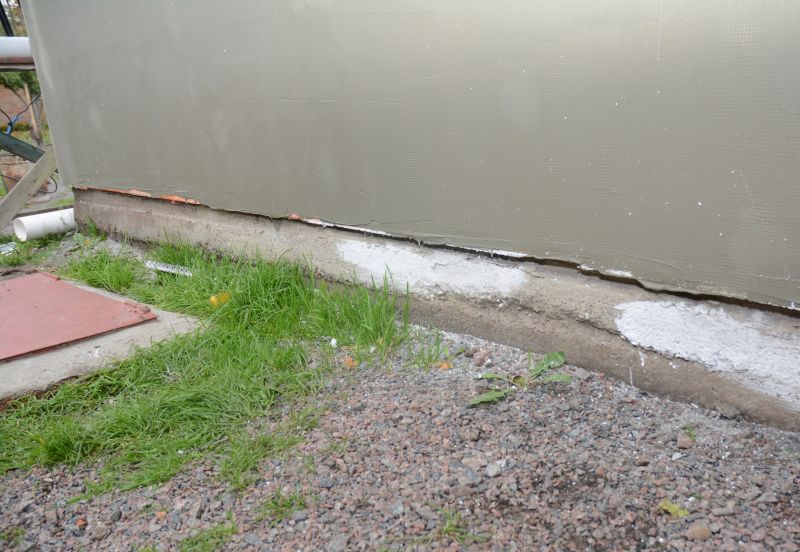
Close-up of crack sealing and reinforcement.
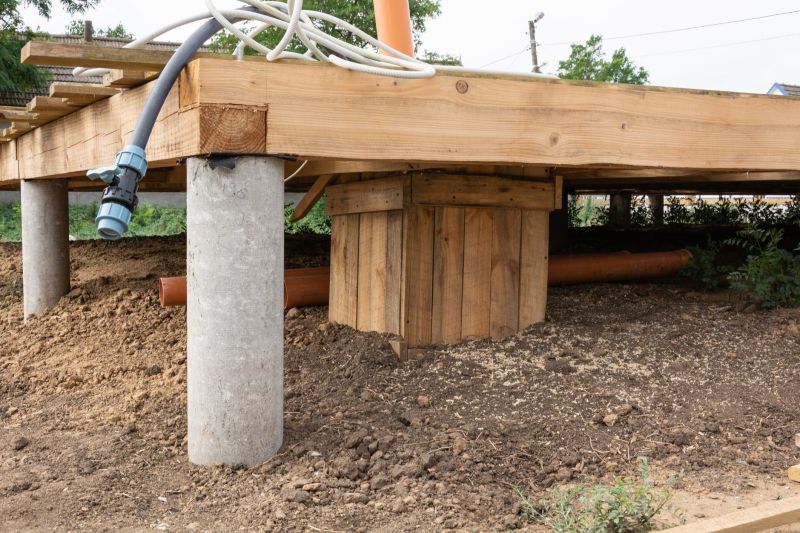
Installation of piers for foundation support.
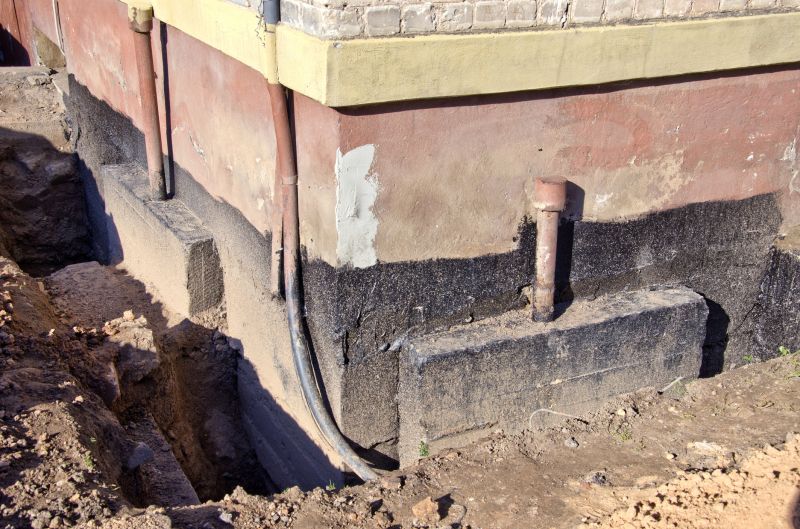
High-end options that actually feel worth it for Foundation Repairs.
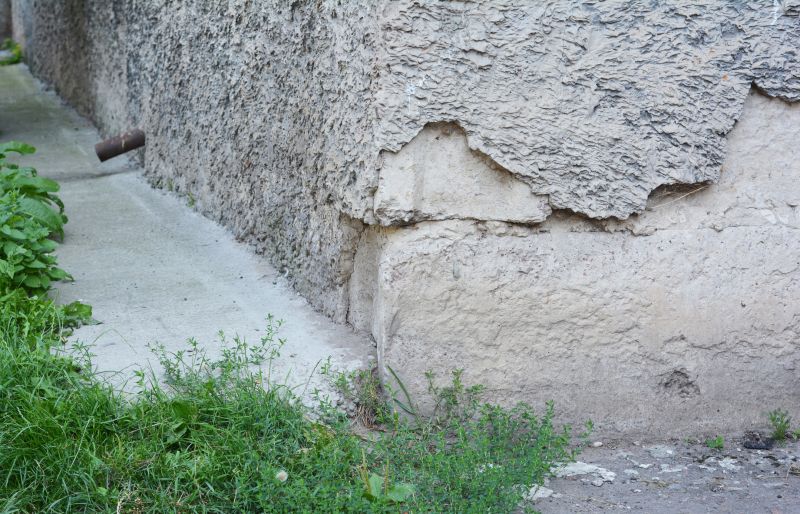
Finishes and colors that play nicely with Foundation Repairs.
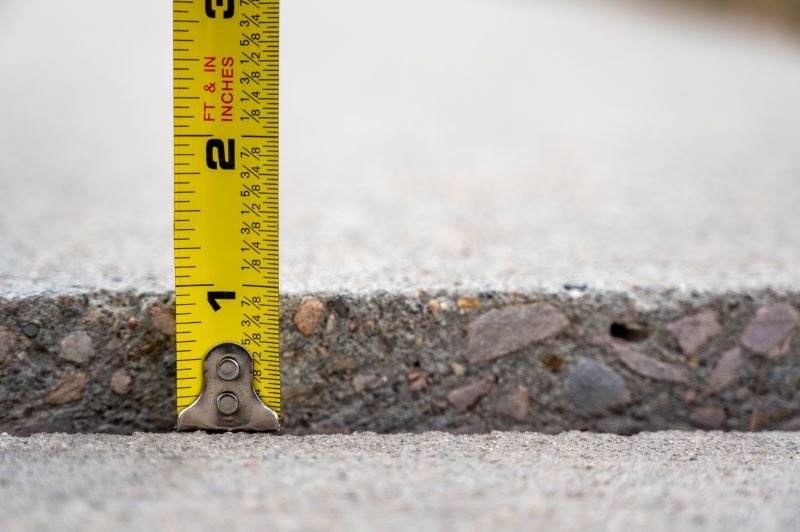
Little measurements that prevent headaches on Foundation Repairs day.
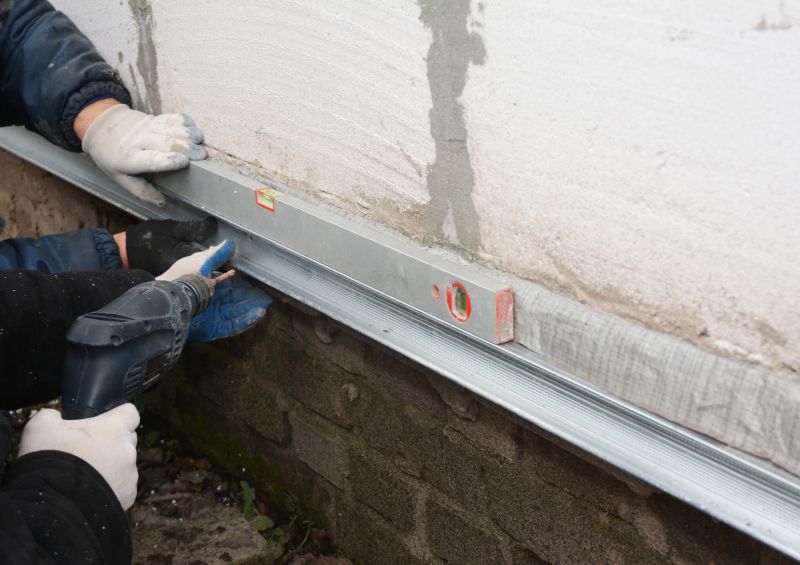
A 60-second routine that keeps Foundation Repairs looking new.
Timely foundation repairs are crucial for maintaining structural integrity and preventing further damage. Regular inspections can help identify early signs of foundation issues, allowing repairs to be scheduled during the most suitable season. Properly timed repairs can reduce costs, improve safety, and extend the lifespan of a property’s foundation.
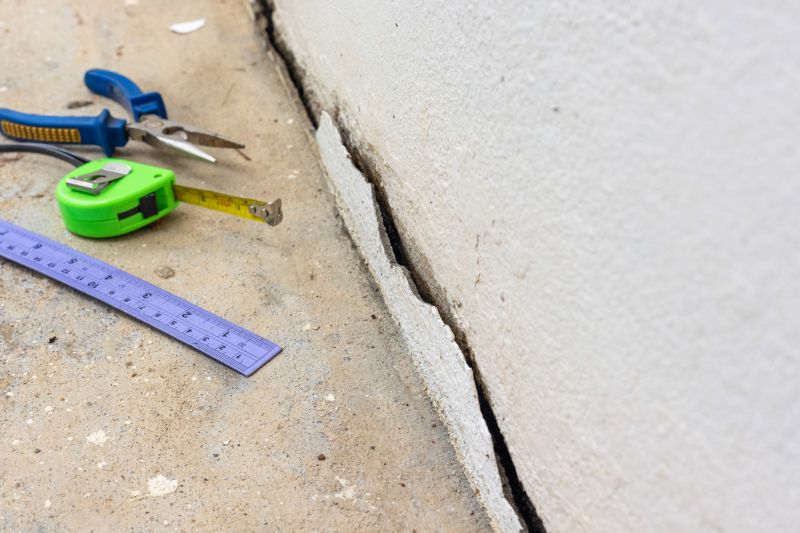
Professional assessment of foundation condition.
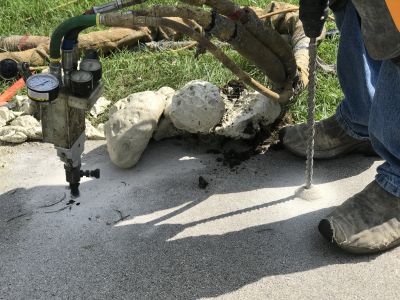
Tools and machinery used in foundation work.
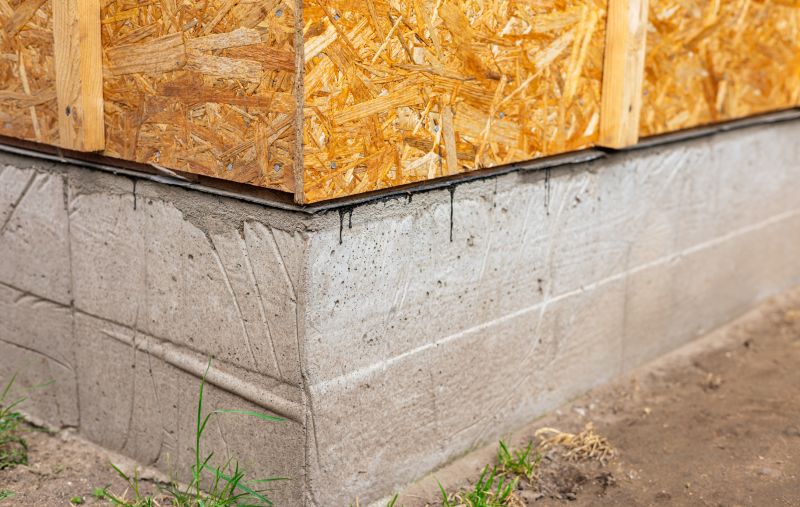
Finished stabilization project.
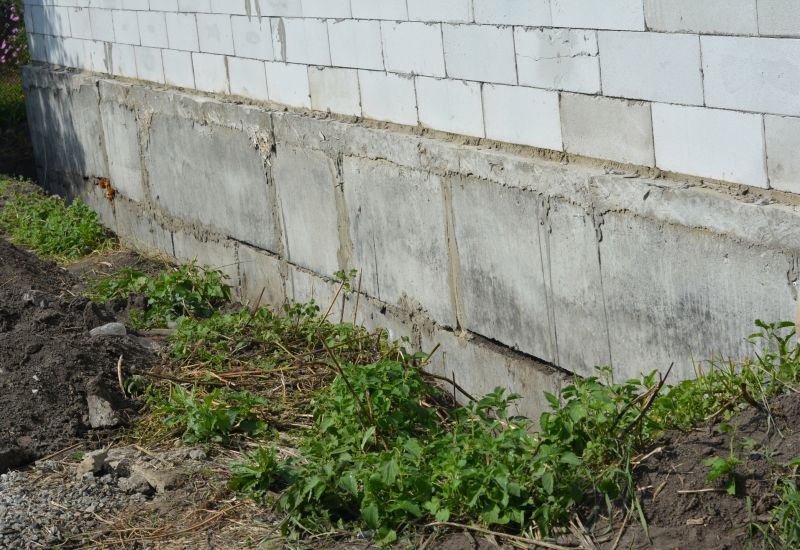
A frequent mistake in Foundation Repairs and how to dodge it.
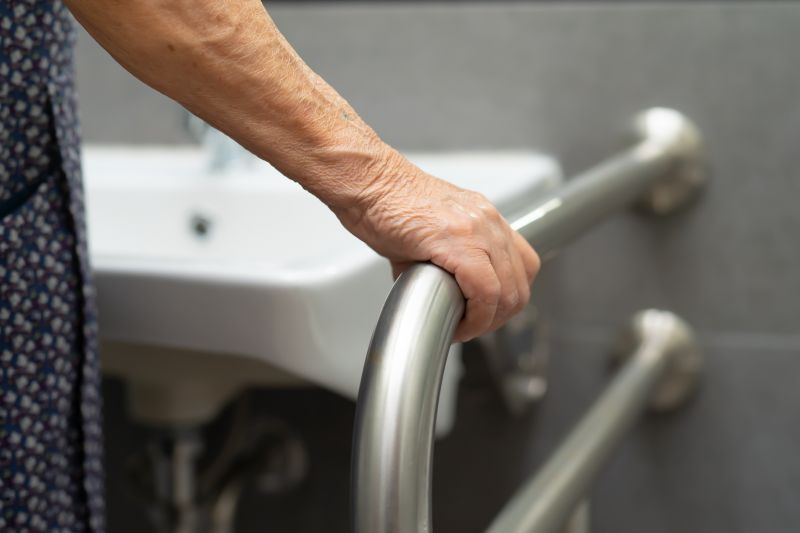
Small tweaks to make Foundation Repairs safer and easier to use.
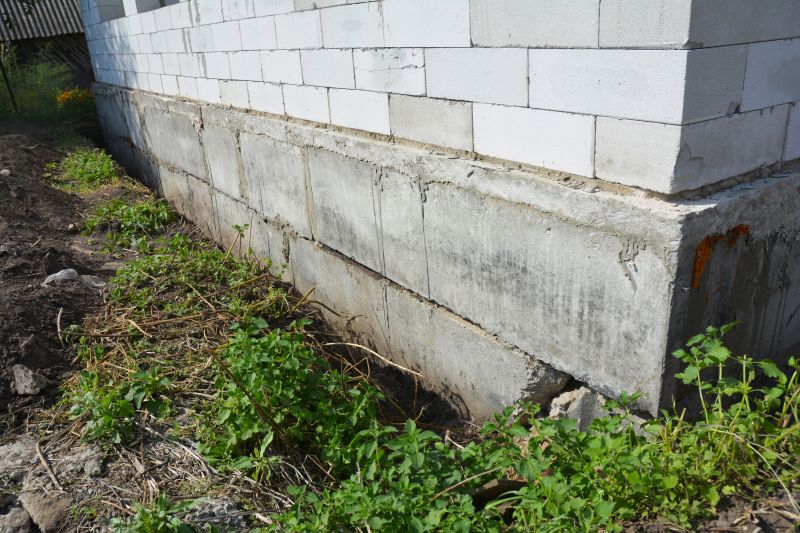
Lower-waste or water-saving choices for Foundation Repairs.
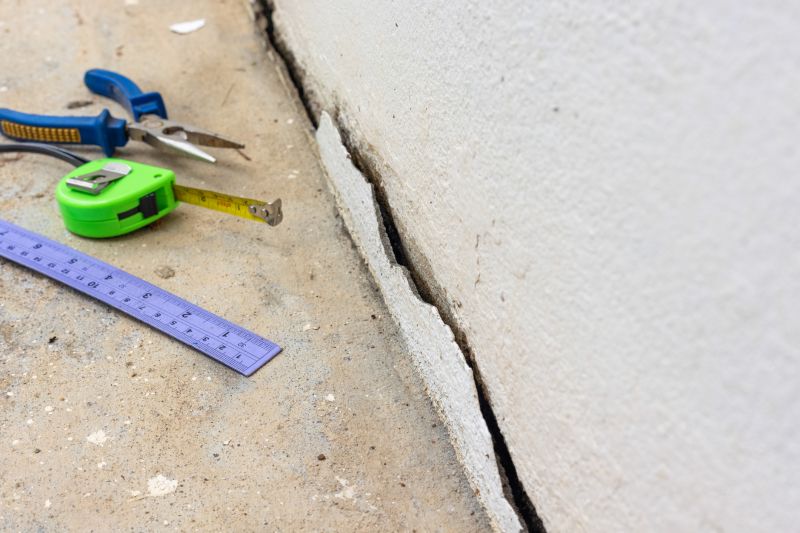
The short, realistic tool list for quality Foundation Repairs.
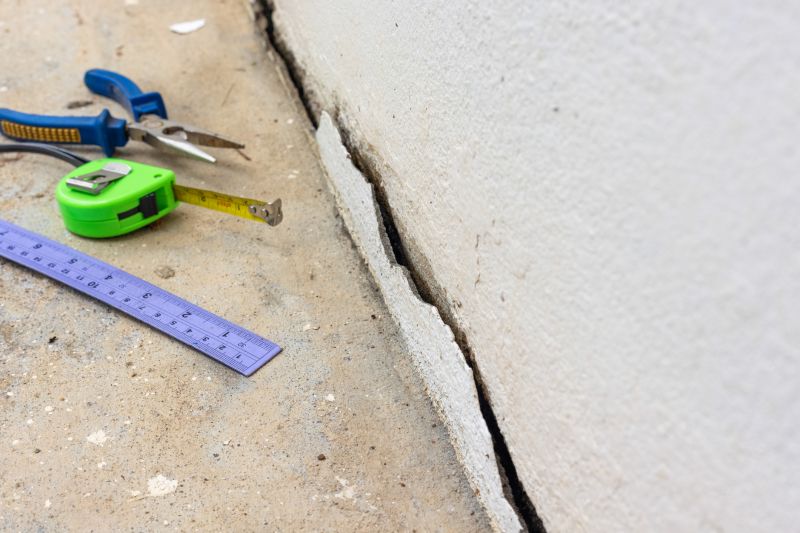
Rough timing from prep to clean-up for Foundation Repairs.
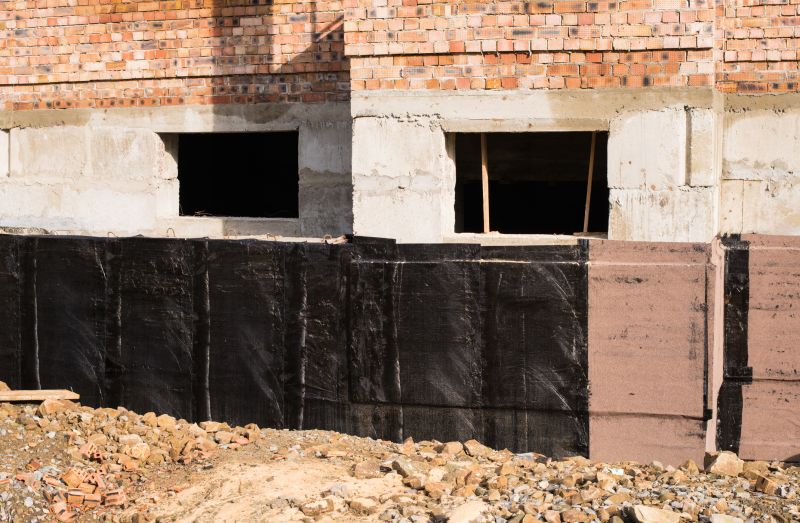
Quick checks and paperwork to keep after Foundation Repairs.
Interested in foundation repairs? Filling out the contact form can provide more information and help schedule an inspection at the optimal time for your property. Proper planning and timely action can significantly improve the stability and safety of a foundation.


